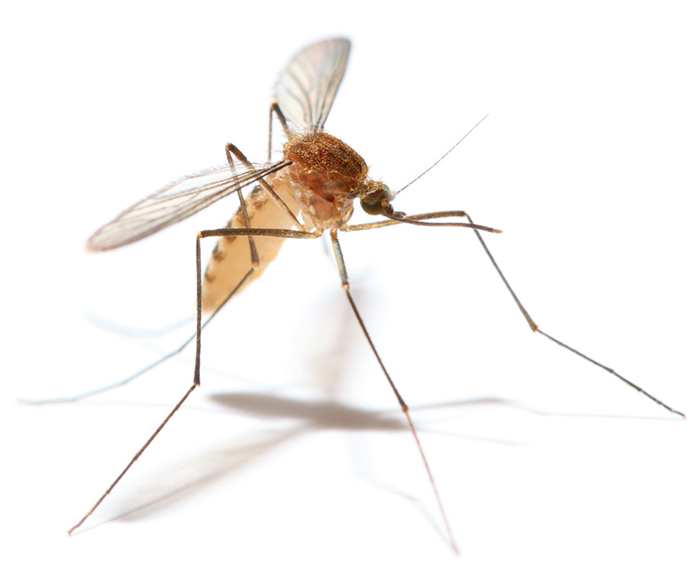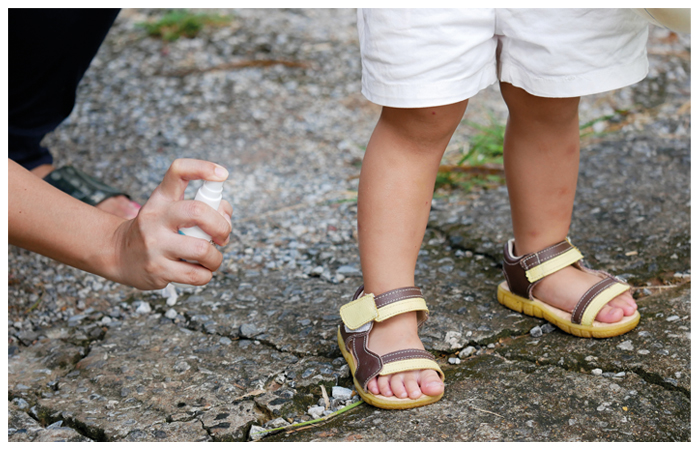Population Health

Zika virus alert
In Population Health
Bookmark
Record learning outcomes
Customers setting off on long-haul trips this summer to South and Central America, the Caribbean or the Pacific need tailored advice on the risks of Zika virus and how to avoid it
The Olympic and Paralympic Games in Brazil are in full swing, but the media spotlight hasn’t just be on sport – it’s also been on the spiralling number of Zika virus cases sweeping the country.

The debate over whether the Games should have been postponed or moved to another country because of the outbreak went on for months and culminated in an open letter from 200 academics to the World Health Organization (WHO), warning of the dangers of the Games going ahead in Brazil. Other experts believe this was an over-reaction, and that the virus is not comparable with other more dangerous viruses, such as Ebola and SARS, since it has a very low mortality rate.
The Games aside, there may be many customers who are travelling either to Brazil or to one of many other countries in Africa, the Americas, Asia and the Pacific which have outbreaks of Zika virus. It’s therefore important to understand how the virus is transmitted, signs to watch out for and how to avoid contracting the virus so that you can give your customers advice and reassurance before they travel.
The Zika pandemic
Zika virus was first discovered in Africa in 1947 and has been circulating since then in Africa and Asia. Prior to 2015, few outbreaks were documented. The first outbreak outside of Africa and Asia was in 2007 in Micronesia, and then a subsequent outbreak occurred in French Polynesia in 2013, spreading to large parts of the Pacific region. The first case reported in the Americas was in 2014. By 2015, the first case of locally-acquired Zika was reported in Brazil and it has since swept rapidly through many countries in the Americas and the Caribbean. A total of over 50 countries now have active Zika virus transmission, according to Public Health England (PHE)’s July 2016 update.
“For customers who are concerned about an outbreak in the UK, you can reassure them that the mosquitoes that transmit Zika do not occur naturally here as we don’t have the right kind of climate. However, sexual transmission of the virus can still occur,” says Dr Dipti Patel, director of the National Travel Health Network and Centre (NaTHNaC).
What is Zika virus?
Zika is transmitted to humans via the bite of an infected Aedes mosquito, which also transmits dengue and yellow fever. A small number of cases have also occurred through sexual transmission. “The virus usually causes only mild illness and only about 20 per cent of cases show symptoms,” says Dr Patel.
Common symptoms of Zika include:
• Slight fever
• A rash, which appears
a few days after a bite
• Conjunctivitis
• Muscle and/or joint pain
• Tiredness
• Headache.
Symptoms can last for up to a week. It’s diagnosed based on symptoms and recent history (e.g. travel to a Zika area, mosquito bites, etc) and a blood test can confirm it. There is no need for antibiotics and instead the symptoms can be treated with analgesics (avoid NSAIDs until dengue is ruled out), rest and fluids.
Why is there such concern about Zika?
There has been a marked increase in abnormalities in newborn babies in Zika affected areas, notably microcephaly (an abnormally small head, linked with incomplete brain development) and other malformations. There is also evidence that Zika is a cause of Guillain-Barré syndrome, a rare but serious condition of the nervous system. It is believed that women who contract Zika at any stage during their pregnancy are at risk of having a baby with birth defects.
In Brazil there have been 1,326 confirmed cases of microcephaly or other abnormalities of the nervous system in babies linked with Zika virus since October 2015. And some 13 countries have recently reported increased incidence of Guillain-Barré linked with Zika virus.
Questions to ask customers:
• Are you pregnant?
• Are you planning a pregnancy prior to, during your visit or during the eight
weeks after you return from an area with Zika virus?
• Are you the male partner of a woman who is pregnant?
• Are you the male partner of a woman planning a pregnancy or at risk
of pregnancy?
• Are you immuno-suppressed or do you have any chronic health conditions?
What advice should be given to travellers?
All customers planning to travel to an area where Zika virus may be present should seek travel health advice four to six weeks before travel, although it’s never too late to give advice on prevention and protection measures.
Most people affected by Zika will only get a mild illness. However, the advice to pregnant women, those planning a pregnancy, their male partners and immune-suppressed customers is different.
• Advice for pregnant women
PHE and the WHO recommend that pregnant women should postpone non-essential travel to areas with Zika transmission until after pregnancy. “Women who have to travel should take extra care with bite prevention measures,” says Dr Patel. “It’s also recommended that women avoid becoming pregnant while travelling to areas such as Brazil that have active Zika transmission, and for a further eight weeks after they leave the area.”
If a woman develops Zika-like symptoms, she should avoid becoming pregnant for a further eight weeks after recovery. “Any pregnant woman who has already travelled to a Zika area while pregnant should see her midwife or GP or consultant on her return to the UK, even if she feels well. The woman may be referred for a foetal scan,” says Dr Patel.
• Advice for male partners
A small number of cases of sexual transmission of Zika virus have been reported outside of the main outbreak areas, and the WHO has updated its guidelines accordingly. “Most cases have been transmitted by men who’ve had Zika symptoms,” says Dr Patel.
It is recommended that all travellers use condoms when visiting an area with active Zika virus transmission. Men who’ve travelled to an area with active Zika transmission, but not experienced symptoms of the virus, should continue to use condoms for eight weeks after leaving the area. This has increased from the previously recommended four weeks. If a man has had symptoms of Zika or confirmed Zika virus, condoms should be used from the onset of the illness and continued for a further six months. Dr Patel also advises: “If you’re pregnant and your partner travels to Zika-affected areas, you should use condoms for the rest of the pregnancy.”
• Advice for immune-suppressed and patients with chronic conditions
Any customer with immune-suppression or a chronic condition should see a GP or travel clinic to discuss the likely impact of Zika virus on their health, should they contract it while abroad.

Prevent and protect
The Aedes mosquitoes that transmit Zika mostly bite during the day, especially mid-morning and late afternoon/dusk, unlike those that transmit malaria, which bite from dusk to dawn. The mosquitoes will bite both outdoors and indoors and commonly live in urban environments.
“It’s important to remind travellers to Zika areas that there is no vaccine for the disease, so they should do all they can to protect themselves from getting bitten by mosquitoes,” says Dr Patel. This includes:
• “Be aware of the level of risk – find out if the country you’re travelling to is or might be affected,” says Dr Patel
• An insect repellent containing DEET, IR 3535 or Picaridin should be applied to any exposed skin. “We recommend 50 per cent DEET as the most effective repellent, which can be used during pregnancy. Make sure you give customers the right advice on how to apply repellent correctly and how frequently it needs to be used,” says Dr Patel
• Wear light-coloured clothing to cover as much of the body as possible. Dr Patel advises: “Loose clothing needs to cover arms and legs – permethrin treated materials are a good idea – and customers should wear socks and shoes too”
• If sunscreen is being used, apply repellent after the sunscreen. A sunscreen of at least SPF30 should be used to compensate for any DEET-induced reduction of SPF that can occur
• “Advise customers to take plenty of repellent with them abroad as you don’t know if you’ll be able to buy it where you’re travelling,” says Dr Patel
• Empty any containers that hold even small amounts of water, as this is where the mosquitoes lay their eggs
• Use physical barriers against mosquitoes, such as netting, mesh screens, mosquito nets on beds (especially for day time naps), and close doors and windows
• Use air conditioning to reduce room temperature as this cuts the risk of bites
• Avoid visiting crowded areas in cities with poor sanitation, as the risk of being bitten is higher.
Further information
• Detailed information about countries affected by Zika is available at: travelhealthpro.org.uk/country-information
• The latest information on areas which are affected by Zika virus can
be found at: travelhealthpro.org.uk/outbreak-surveillance
• The latest advice and information from the World Health Organization
is available via: who.int/emergencies/zika-virus/en.
